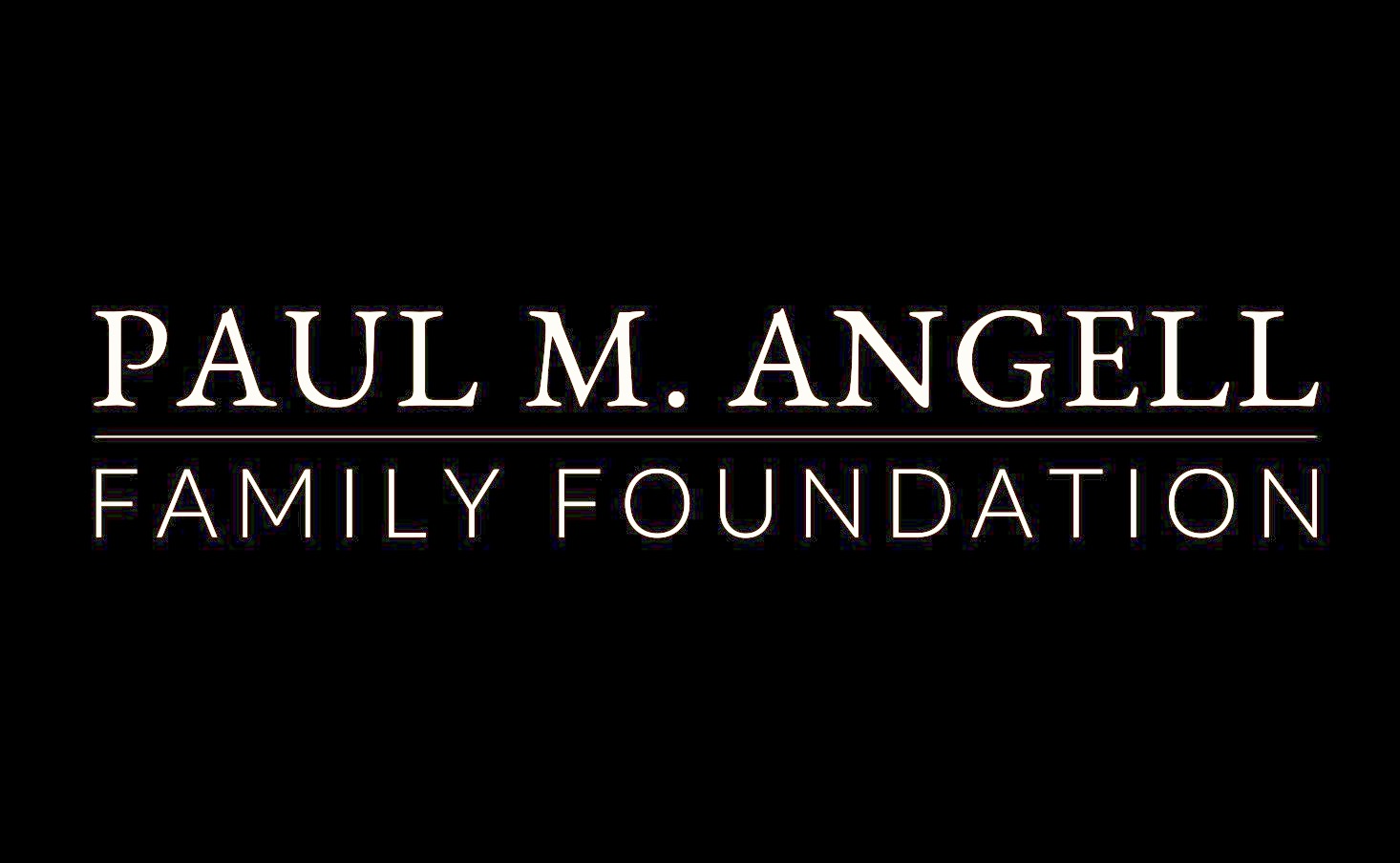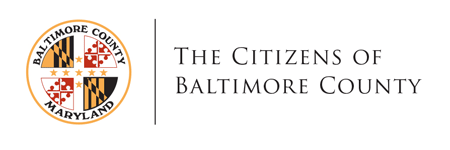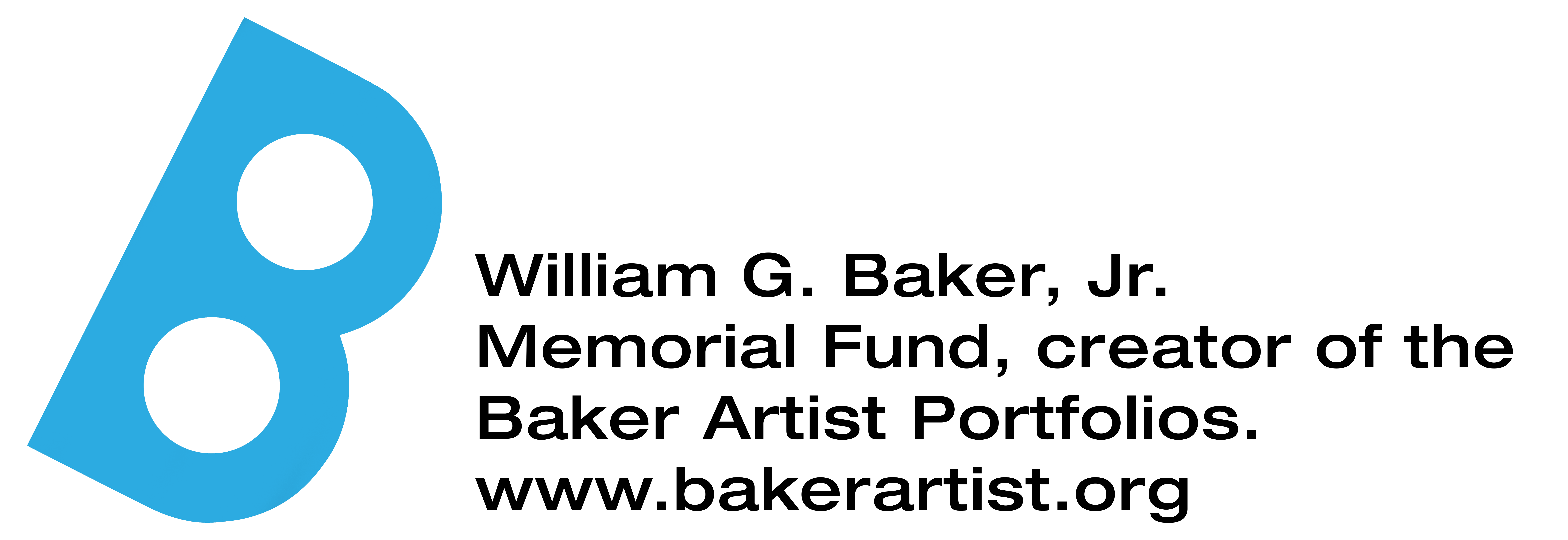Zlatomir Fung, cello
Chaeyoung Park, piano
The Piatigorsky Memorial Concert
Location: Shriver Hall
The youngest cellist to win a Gold Medal at the International Tchaikovsky Competition, 25-year-old Zlatomir Fung is renowned for “enveloping every score he plays in an almost palpable golden aura” (Bachtrack). A passionate film fan, he has chosen works that conjure iconic moments from opera and screen, including a new fantasia on Bizet’s Carmen written for him.
This concert was originally scheduled for January 19, 2025 with cellist Pablo Ferrández and pianist Julio Elizalde. It has been rescheduled due to a snow cancellation.
About the sponsor
The Gregor Piatigorsky Memorial Concert was established in 1978 by Dr. and Mrs. Daniel Drachman and Dr. and Mrs. Joram Piatigorsky. The concerts present a mix of internationally renowned cellists as well as those with promising solo careers. Gregor Piatigorsky dedicated a large part of his life to teaching and encouraging talented young musicians. His heart's desire was to open the way to successful careers for them. Piatigorsky exemplified extraordinary virtuosity as well as high musical and personal ideals. It is the endowers' intention that cellists who possess likeminded goals and accomplishments will be given an opportunity to perform through these concerts.
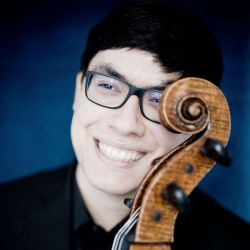
Zlatomir Fung
Cellist Zlatomir Fung burst onto the scene as the first American in four decades (and youngest musician ever) to win First Prize at the International Tchaikovsky Competition Cello Division. He has since garnered accolades, critical acclaim, and standing ovations at performances around the world, increasingly recognized as one of the preeminent cellists of our time. Astounding audiences with his boundless virtuosity and exquisite sensitivity, the 25-year-old has already proven himself a star among the next generation of world-class musicians.
In the 2024-25 season, Fung gives recitals in New York City, Boston, and St. Louis, and performs the complete Bach Cello Suites at Mechanics Hall in Worcester, MA and in Arcata, CA. He returns to the Aspen Music Festival and makes his debut at the Ravinia Festival. He joins the orchestras in Rochester, San Antonio, and Billings, among others. Internationally, he performs with the Barcelona Symphony in Spain, the Evergreen Symphony Orchestra in Taiwan with Jaap van Zweden conducting, and he returns to the London Philharmonic Orchestra; he also appears in France, Poland, Romania, Korea, Japan, China, and Italy. In April 2025, Signum Records releases Fung’s debut album, a collection of opera fantasies and transcriptions for cello and piano.
Fung served as Artist-in-Residence with the Royal Philharmonic Orchestra for the 2023-24 season, appearing at London’s Cadogan Hall and touring the UK with the orchestra. Other notable appearances of late include his debuts with the New York Philharmonic, Cleveland Orchestra, Orchestre National de Lille, and BBC Philharmonic, as well as the Baltimore, Dallas, Detroit, Seattle, Milwaukee, Utah, Rochester, and Kansas City symphonies.
Fung made his recital debut at Carnegie Hall in 2021 and was described by Bachtrack as "one of those rare musicians with a Midas touch: he quickly envelopes every score he plays in an almost palpable golden aura.” Other recent highlights include returns to Wigmore Hall and appearances at the Verbier, Dresden, Leoš Janáček International, and Tsinandali festivals, Cello Biennale Amsterdam, Bravo! Vail, and Grant Park Music Festival.
In addition to a mastery of the canon, Fung brings insight to contemporary repertoire, championing composers such as Unsuk Chin, Katherine Balch, and Anna Clyne. In 2023, under the baton of Gemma New and with the Dallas Symphony, Fung gave the world premiere of Katherine Balch’s whisper concerto with “jaw-dropping brilliance” (Dallas Morning News) as the dedicatee of the work; he gave its UK premiere February 2024 with the BBC Philharmonic, conducted by Joshua Weilerstein.
Fung was a Borletti-Buitoni Trust Fellowship Winner in 2022, awarded an Avery Fisher Career Grant in 2020, and a participant in WXQR’s Artist Propulsion Lab in 2023. Fung has been featured on NPR’s Performance Today and From the Top. He performs on a circa 1730 cello by Domenico Montagnana, on loan from a generous benefactor.
2024-25 marks Fung’s first season on the cello faculty at his alma mater, The Juilliard School.
Of Bulgarian and Chinese heritage, Zlatomir Fung was born into a family of mathematicians and began playing cello at age three. Outside of music, his interests include chess, cinema, and creative writing. His website is zlatomirfung.com.
“At his young age, Fung seems to be one of those rare musicians with a Midas touch: he quickly envelopes every score he plays in an almost palpable golden aura.” —Bachtrack
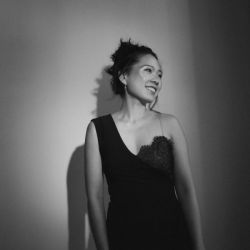
Chaeyoung Park
First Prize Winner of the 2022 YCA Susan Wadsworth International Auditions and Finalist in the 2023 Rubinstein Piano Competition, Chaeyoung Park has been praised as a passionate pianist who “does not play a single note without thought or feeling” (New York Concert Review). Her diverse repertoire spans from the French Baroque to contemporary works by composers like Unsuk Chin. As a recitalist, chamber musician, and concerto soloist, Park has graced prestigious venues such as Carnegie’s Weill Recital Hall, Bravo! Vail Music Festival, Tongyeong International Music Festival, Ravinia’s Bennett Gordon Hall, and Symphony Center’s Orchestra Hall. She also performed live-streamed concerts presented by the Gilmore Rising Stars series, the Carlsen Center, and the Lied Center of Kansas.
Park made history as the first female Korean pianist to win Hilton Head International Piano Competition in 2019. She subsequently presented her solo recital debut at Carnegie Hall’s Weill Recital Hall and performed Beethoven’s Piano Concerto No. 4 with the Hilton Head Symphony Orchestra under John Morris Russell.
An avid chamber musician, Park participated in Ravinia’s Steans Music Institute, Yellow Barn, Four Seasons Winter Workshop, Kneisel Hall, Juilliard ChamberFest, and Bravo! Vail. While working under renowned artists such as Leon Fleisher, Frans Helmerson, Gary Hoffman, and Robert Levin, she has collaborated with the most promising young artists of her generation. Her chamber music performances have taken her to venues including WNYC/WQXR’s Greene Space and the Harvard Club in New York City
This past season included debuts at Merkin Hall and The Kennedy Center’s Terrace Theater, performances at the Gina Bachauer International Piano Festival, Honest Brook Music Festival, Orchestra of the Triangle in Chapel Hill, Rockport Music, and Hayden's Ferry Chamber Music with upcoming highlights that include appearances at Ringwood Friends of Music, The Morgan Library & Museum’s Encore Series, Sanibel Isand’s BIG ARTS, and a return to both the Dame Myra Hess and Schiermonnikoog Festival series.
After making her orchestral debut at age 14, she now regularly performs with orchestras around the U.S. such as the Kansas City, Topeka, Uta, Hilton Head, Fort Smith, and Caton symphonies, as well as the Rochester Philharmonic, under the batons of conductors such as Vladimir Kulenovic, Neil Varon, Rei Hotoda, Gerhardt Zimmermann, John Morris Russell, and Michael Stern. Upcoming concerto appearances include performances with the Charlotte, Mobile, Eugene, Redlands, and Maryland symphonies with conductors including Kyle Pickett, Scott Speck Elizabeth Schultze, and Ransom Wilson.
Introduced to the piano in her kindergarten music class, Park won her first local competition at age eight. She immigrated to the U.S. at age ten to study with Jack Winerock. Park received her bachelor’s and master’s degrees from The Julliard School, where she is currently an Artist Diploma candidate studying with Robert McDonald.
“A musician who does not play a single note without thought or feeling” – New York Concert Review
Johannes Brahms (1833-1897)
Violin Sonata No. 3 in D minor, Op. 108 (arr. for cello and piano)
View NotesBrahms first met the violinist and composer Joseph Joachim in the spring of 1853. Although only two years older than Brahms, the concertmaster of the Hanover court orchestra was already an international celebrity. “As an artist I really have no greater wish than to have more talent so that I can learn still more from such a friend,” Brahms wrote in the first flush of their friendship. Joachim’s practical knowledge of both violin and orchestra made him a valuable sounding board; Brahms turned to him for advice throughout his life, especially in the decade between 1878 and 1888, when he was writing his great Violin Concerto and three violin sonatas.
The last sonata, in the “dark” key of D minor, is weightier and more overtly dramatic than its predecessors in G major and A major. Its dedicatee, Hans von Bülow, cut a notably titanic figure at the keyboard as well as on the podium, and the work’s virtuosic character may well bear his stamp as much as that of Joachim. The music may also allude to Brahms’s long-simmering love for Clara Schumann. Upon receiving the score, the pianist wrote to the 55-year-old composer that the third movement reminded her of “a beautiful girl sweetly frolicking with her lover—then suddenly in the middle of it all, a flash of deep passion, only to make way for sweet dalliance once more.”
The D-minor Sonata is unquestionably infused with passion. From the first bars of the opening Allegro, the staggered eighth notes and recurrent dynamic swellings bespeak the music’s underlying turbulence. The mood of barely contained wildness is briefly dispelled in the majestic D-major Adagio—despite its brevity, one of Brahms’s most concentratedly intense slow movements. This leads to an ethereal scherzo in F-sharp minor, whose opening theme returns at the end in a deceptively tranquil reminiscence. (Schumann likened this delicate and devilishly difficult passage to walking on eggshells.) In the final Presto agitato, the sonata’s pent-up energy bursts forth in a high-spirited romp in 6/8 meter, charged with stabbing accents and syncopations.
(c) Harry Haskell, 2025
Justin Dello Joio (b. 1955)
'Due Per Due' for Cello & Piano
View NotesMusically speaking, Justin Dello Joio was to the manner born: his late Pulitzer Prize–winning father, Norman Dello Joio, was a notable presence on the new-music scene for more than half a century. (His son traces the family’s musical genes back a full seven generations.) A native New Yorker, Dello Joio has written works in many genres, including the piano concerto Oceans Apart, which Garrick Ohlsson premiered with the Boston Symphony in 2023. Due Per Due (Two for Two) was commissioned in 2010 by Carter Brey, principal cellist of the New York Philharmonic, a member of the piano trio that had recently premiered Dello Joio’s March of Folly.
The composer explains that “the idea for the first of the two movements, Elegia: To an Old Musician, was inspired by a small piano piece—one that I played as a child of six—written by my father. His piece was entitled Prelude: To a Young Musician. I found it to be a simple, lovely prelude, and although it was not written for me, I borrowed the idea of the title, as he had recently passed away at age 95 when I received the commission, and I wrote this elegy for him. While writing it, I kept in mind a remark Mr. Brey made—he said that despite all the countless different sonorities a cello possesses, nothing in the world is more effective than its beautiful, expressive, singing quality.
“The second piece of the two, Moto Perpetuo (Perpetual motion), is a virtuosic piece, inspired by a short phrase I heard Mr. Brey casually playing as a warm-up during a March of Folly recording session. In the hands of a virtuoso performer, even simple rapid scale passages sound exciting and brilliant. After having completed the first piece, I wanted to juxtapose the somber mood of the elegy with music that is driving, with great momentum, a fun ‘look Ma, no hands’ technical showpiece. ‘Two for two’ was a remark I used to hear—my father was an avid baseball fan and loved to watch games, and I have memories of him cheering as Yankees broadcaster Phil Rizzuto would say, ‘And he’s two for two!!’”
(c) Harry Haskell, 2025
Bernard Herrmann (1911-1975)
"Scène d'amour" from 'Vertigo' (arr. Zlatomir Fung)
View NotesBernard Herrmann was the go-to composer for a Who’s Who of Hollywood directors, from Orson Welles’s Citizen Kane (1941) to Martin Scorsese’s Taxi Driver (1976). Released in 1958, Vertigo—a psychological study of a detective’s (James Stewart) obsessive love for the suicidal wife of a friend (Kim Novak)—was the fourth of the seven films he scored for Alfred Hitchcock. The five-minute love scene, in which the dead woman’s doppelgänger rekindles Stewart’s ardor, is one of the most famous sequences in cinematic history. “If we’re going to have music,” Hitchcock told the composer, “we won’t have one word of dialogue; we’ll just have the camera and you.” With its impassioned melodies and yearning chromatic harmonies, Herrmann’s music evokes one of the greatest psychodramas in the operatic repertoire, Wagner’s Tristan and Isolde. Like Wagner, Herrmann understood that music had an autonomous dramatic function. Film music, he said, “essentially provides an unconscious series of anchors for the viewer. . . . I think Cocteau said that a good film score should create the feeling that one is not aware whether the music is making the film go forward or whether the film is pushing the music forward.”
(c) Harry Haskell, 2025
Pyotr Ilych Tchaikovsky (1840-1893)
"Lensky's Aria" from 'Eugene Onegin' (arr. Mikhail Bukinik)
View NotesTchaikovsky’s extensive academic training and cosmopolitan outlook put him at odds with Russian nationalists like Borodin, Balakirev, and Musorgsky. Nor did he have much sympathy for Wagner’s “Music of the Future,” preferring to seek “the higher artistic truth which springs from the mysterious depths of man’s creative power and pours out into clear, intelligible, conventional forms.” Tchaikovsky’s sensibility, at once poetic and conservative, is reflected in the classically self-contained “lyrical scenes” that comprise his operatic masterpiece Eugene Onegin. Lensky sings his wistful aria at the end of Act 2, just before his fatal duel with Onegin (sparked by the latter’s flirtation with Lensky’s fiancée). Resigned to his fate, the lovesick poet voices his anguished reflections on life and death. Commentators have called attention to parallels between the plot of Eugene Onegin and Tchaikovsky’s disastrous marriage to Antonina Milyukova. It was while he was at work on the opera, in the spring of 1877, that the composer received the letter in which Antonina declared her love. In an apparent attempt to dampen speculation about his homosexuality, Tchaikovsky decided to propose, but the platonic relationship he envisioned was doomed from the start. He walked out two months after their wedding, although they never divorced.
(c) Harry Haskell, 2025
Marshall Estrin (b. 1996)
'Fantasia Carmèn' for Cello & Piano (Baltimore Premiere)
View NotesZlatomir Fung’s collaboration with Juilliard-trained composer Marshall Estrin has borne fruit in a pair of works that reflect Estrin’s diverse extramusical interests: the 2019 solo Kitaroidía, inspired by the culture of ancient Greece, and last year’s Cinematheque, which he describes as “an homage to iconic 20th- and 21st-century films.” The idea for Fantasia Carmèn, on the other hand, originated with Fung. He commissioned the virtuosic showpiece in 2023 partly because Bizet’s Carmen is one of his favorite operas, and partly because he felt jealous of violinists. “They have three really great Carmen Fantasies that they regularly perform in recitals and with orchestras, and the cello doesn’t have any,” the cellist says. “There are a couple that exist but they’re not really good, so I wanted one that was a real banger.”
Estrin writes that “Fantasia Carmèn is about what music sounds like to a musician. It is an opera fantasy about opera fantasies which explores the act of adapting and recontextualizing music from a preexisting work. In Fantasia Carmèn, we see and hear the process of a cellist making creative decisions about music using Georges Bizet’s opera Carmen as their source. The cellist creates a fantasy within their own imagination, pursuing what gives them pleasure as a musician. The theatrical premise of the work is that the music takes place entirely within the mind of the cellist who is performing it as though they are creating the fantasy spontaneously.
“In addition to being a theatrical concert piece, Fantasia Carmèn explores the possibilities of musical narrative in the opera fantasy genre. One of the most common issues among instrumental opera fantasies is the lack of compelling musical structure. Too frequently, virtuosic fantasies are a mere succession of familiar melodies without much connection between them. Fantasia Carmèn is written to be a self-sufficient piece of chamber music with a musical structure that reflects dramatic elements from Bizet’s opera. The purpose of the music in this piece is not only to provide an opportunity for virtuosity but to be compelling musical storytelling.
“While this work experiments with the musical form of the opera fantasy, Fantasia Carmèn still emphasizes the virtuosity of cello performance. The piece is an attempt to reconcile the dual desires for both the spectacle of omnipotent virtuosity and the communicative power of instrumental musical narrative. In adapting the many sections of Bizet’s opera, Fantasia Carmèn uses nearly all of the available performing techniques of the cello. Throughout the piece, there are passages based on intricate left-hand passage work, mixed double stops, extremes of register and speed, and complex bow techniques, among other devices.”
(c) Harry Haskell, 2025

